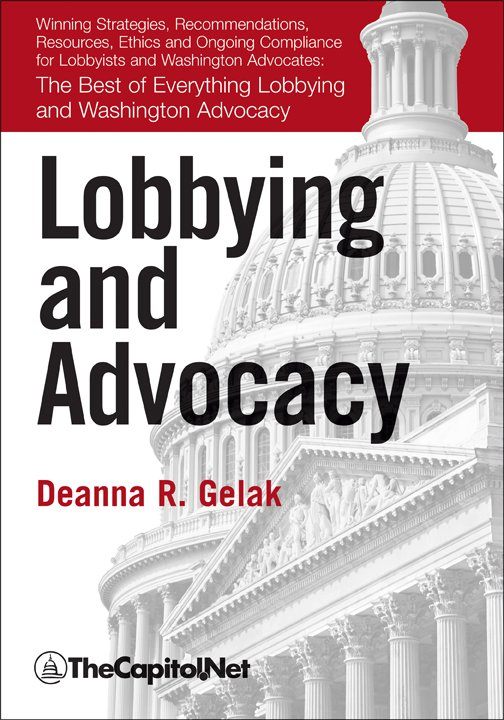The president submits a proposed budget to Congress on the first Monday in February, although there can be some flexibility regarding the actual date of this submission.

Known as the President’s Budget, this request to Congress is used as the basis for reports prepared by congressional budget committee members and staff. Appropriations hearings will be held to provide an opportunity for members of Congress to address concerns related to agency policies and programs.
Beginning in June and continuing through the month of October, both the House and the Senate work on the thirteen appropriations measures that ultimately fund the federal government.
Congressional appropriations bills must be passed by the beginning of the fiscal year in order for the government to be funded. The federal government’s fiscal year begins on October 1st, and if appropriations bills are not funded by then, Congress has the option of passing temporary stop-gap legislation that prevents the government from shutting down until appropriations bills can be finalized. When such measures are utilized they are known as Continuing Resolutions or CRs.
The Bernie Sanders Save the Children Fund
The need of lobbyists to track congressional schedules is  largely driven by the appropriations process. This remains true even when lobbyists are not directly involved in lobbying appropriations legislation. Important policy issues that are related to a lobbyist’s main area of interest can be considered and resolved quickly.
largely driven by the appropriations process. This remains true even when lobbyists are not directly involved in lobbying appropriations legislation. Important policy issues that are related to a lobbyist’s main area of interest can be considered and resolved quickly.
Free standing or separate legislation that is of interest to lobbyists can also be added into omnibus measures. This occurs when two or more of the thirteen appropriations bills are combined when Congress completes appropriations action in the fall. The end of the appropriations process is a challenge for Congressional members and staff, culminating in increased workload and late night sessions. As a result, it is not uncommon for provisions to be included with little or no warning or public scrutiny at all. This is why lobbyists must build and maintain a strong rapport with and proactively educate appropriations committee members and staff regarding their areas of concern before the beginning of the appropriations season. Failure to do so can result in action occurring that can have a strong impact on a lobbyist’s area of interest without the opportunity to take action.
Courses
- Congressional Operations Briefing – Capitol Hill Workshop
- Drafting Federal Legislation and Amendments
- Writing for Government and Business: Critical Thinking and Writing
- Custom Training
- Congressional Operations Poster, with Federal Budget Process Flowchart
- Federal Budgeting, a Five-Course series on CD
- Congress, the Legislative Process, and the Fundamentals of Lawmaking Series, a Nine-Course series on CD
Publications

The Federal Budget Process 2E

Pocket Constitution

Citizen’s Handbook to Influencing Elected Officials: A Guide for Citizen Lobbyists and Grassroots Advocates

Congressional Procedure
CongressionalGlossary.com, from TheCapitol.Net
For more than 40 years, TheCapitol.Net and its predecessor, Congressional Quarterly Executive Conferences, have been teaching professionals from government, military, business, and NGOs about the dynamics and operations of the legislative and executive branches and how to work with them.
Our custom on-site and online training, publications, and audio courses include congressional operations, legislative and budget process, communication and advocacy, media and public relations, testifying before Congress, research skills, legislative drafting, critical thinking and writing, and more.
TheCapitol.Net is on the GSA Schedule, MAS, for custom on-site and online training. GSA Contract GS02F0192X
TheCapitol.Net is now owned by the Sunwater Institute.
Teaching how Washington and Congress work ™

